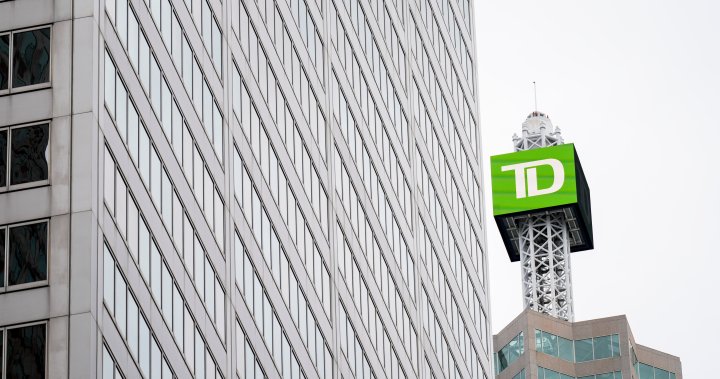Canada
TD Bank to exit US$15.4B stake of Charles Schwab as new CEO begins overhaul

Toronto-Dominion Bank to Exit Stake in Charles Schwab Amid Strategic Overhaul
In a significant move announced on Monday, Toronto-Dominion Bank (TD) revealed its decision to sell its 10.1% stake in Charles Schwab, a leading financial services firm. This decision is part of a broader strategic review initiated by the Canadian bank following a landmark fine imposed by U.S. regulators. TD’s stake in Schwab, which amounts to 184.7 million shares, is valued at approximately $15.4 billion based on Schwab’s most recent closing price. The announcement sent Schwab’s shares down 3.2% in premarket trading, reflecting the market’s reaction to the news.
A Challenging Period for TD Bank
TD Bank, Canada’s second-largest lender, has been navigating a difficult period. In December, the bank warned of a challenging 2025 ahead and suspended its medium-term earnings forecast as it works to address issues related to anti-money laundering (AML) remediation. This followed a U.S. regulatory probe that led to TD pleading guilty in October to violating federal laws designed to prevent money laundering. The bank agreed to pay over $3 billion in penalties, marking one of the largest such settlements in U.S. history. The plea deal also imposed rare restrictions, including an asset cap and other business limitations, due to what authorities described as pervasive compliance issues.
Strategic Review and Leadership Change
As part of its strategic review, TD has been evaluating its capital allocation and has decided to exit its investment in Schwab. Raymond Chun, who took over as CEO on February 1, replacing long-time chief Bharat Masrani more than two months earlier than planned, emphasized the bank’s commitment to prudent capital management. Chun stated, “As part of our strategic review, we have been evaluating capital allocation and have made the decision to exit our Schwab investment.” The proceeds from the sale, totaling approximately $15.4 billion, will be allocated in two key areas: $5.58 billion (or C$8 billion) will be used for share buybacks, while the remaining amount will be reinvested in TD’s core businesses to drive performance and accelerate organic growth.
The Schwab Investment and Its Origins
TD’s stake in Schwab originated from the financial services firm’s $26 billion acquisition of TD Ameritrade in 2020. At the time, TD Ameritrade was a significant player in the online brokerage space, and the deal solidified Schwab’s position as a leader in the industry. TD’s 10.1% stake made it Schwab’s largest shareholder. However, as part of the recent agreement, Schwab has agreed to repurchase $1.5 billion worth of shares from TD in a private transaction. This move not only reduces TD’s exposure to Schwab but also allows Schwab to consolidate its shareholder base.
Implications for Schwab and the Market
The decision by TD to sell its stake in Schwab has sparked interest in the market, with analysts speculating about the potential implications for both companies. Schwab’s agreement to repurchase shares from TD underscores its confidence in its own valuation and its commitment to returning value to its shareholders. However, the broader market reaction to TD’s exit suggests some uncertainty about Schwab’s outlook. The decline in Schwab’s shares in premarket trading highlights the sensitivity of investors to changes in ownership structure, particularly when a major shareholder like TD decides to exit.
Looking Ahead: TD Bank’s Path Forward
As TD Bank moves forward, the focus will be on strengthening its core businesses and addressing the regulatory issues that led to the historic fine. The bank has emphasized its commitment to prudent capital management and infrastructure improvement, signaling a renewed focus on organic growth and operational efficiency. While the decision to exit the Schwab investment marks a significant shift in TD’s strategy, it also provides the bank with the capital needed to invest in areas that align with its long-term goals. For shareholders, the $5.58 billion share buyback program is likely to be a positive development, as it indicates TD’s confidence in its own valuation and its commitment to returning value to its investors. As the bank navigates this challenging period, all eyes will be on how effectively it can execute its strategic priorities and restore confidence in its operations.











